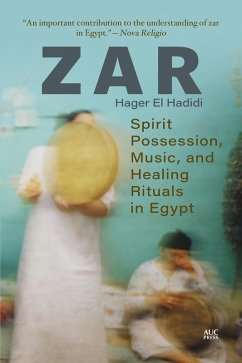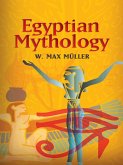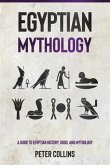Zar is both a possessing spirit and a set of reconciliation rites between the spirits and their human hosts: living in a parallel yet invisible world, the capricious spirits manifest their anger by causing ailments for their hosts, which require ritual reconciliation, a private sacrificial rite practiced routinely by the afflicted devotees. Originally spread from Ethiopia to the Red Sea and the Arabian Gulf through the nineteenth-century slave trade, in Egypt zar has incorporated elements from popular Islamic Sufi practices, including devotion to Christian and Muslim saints. The ceremonies initiate devotees-the majority of whom are Muslim women-into a community centered on a cult leader, a membership that provides them with moral orientation, social support, and a sense of belonging. Practicing zar rituals, dancing to zar songs, and experiencing trance restore their well-being, which had been compromised by gender asymmetry and globalization.
This new ethnographic study of zar in Egypt is based on the author's two years of multi-sited fieldwork and firsthand knowledge as a participant, and her collection and analysis of more than three hundred zar songs, allowing her to access levels of meaning that had previously been overlooked. The result is a comprehensive and accessible exposition of the history, culture, and waning practice of zar in a modernizing world.
Dieser Download kann aus rechtlichen Gründen nur mit Rechnungsadresse in A, D ausgeliefert werden.
Hinweis: Dieser Artikel kann nur an eine deutsche Lieferadresse ausgeliefert werden.









